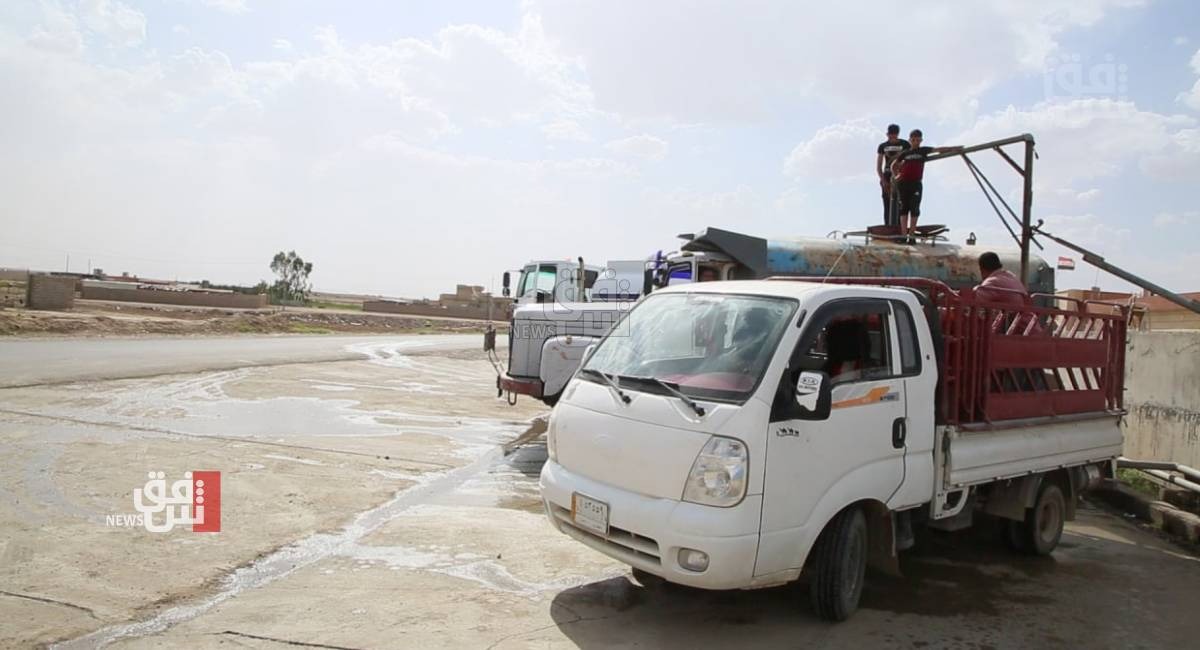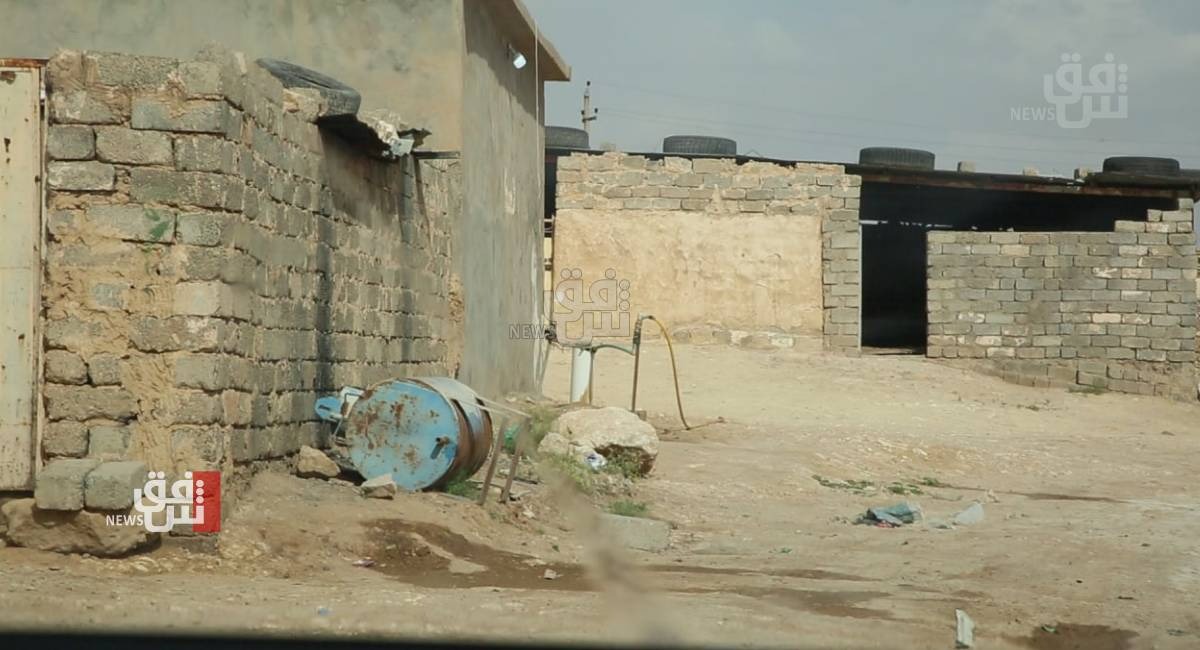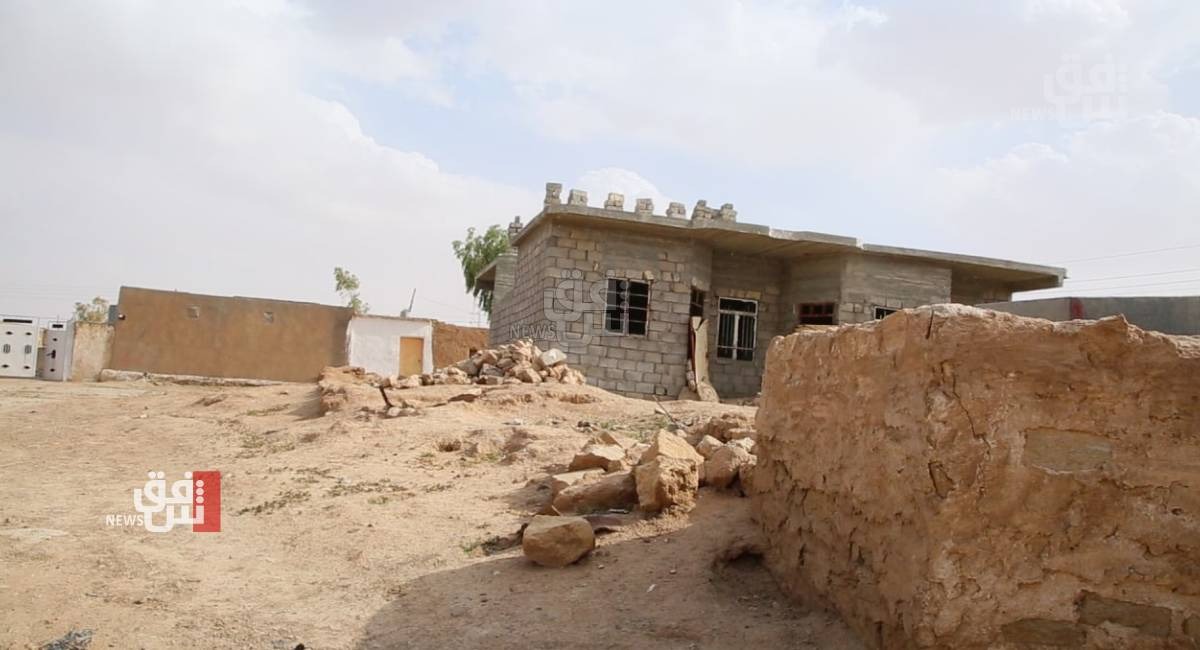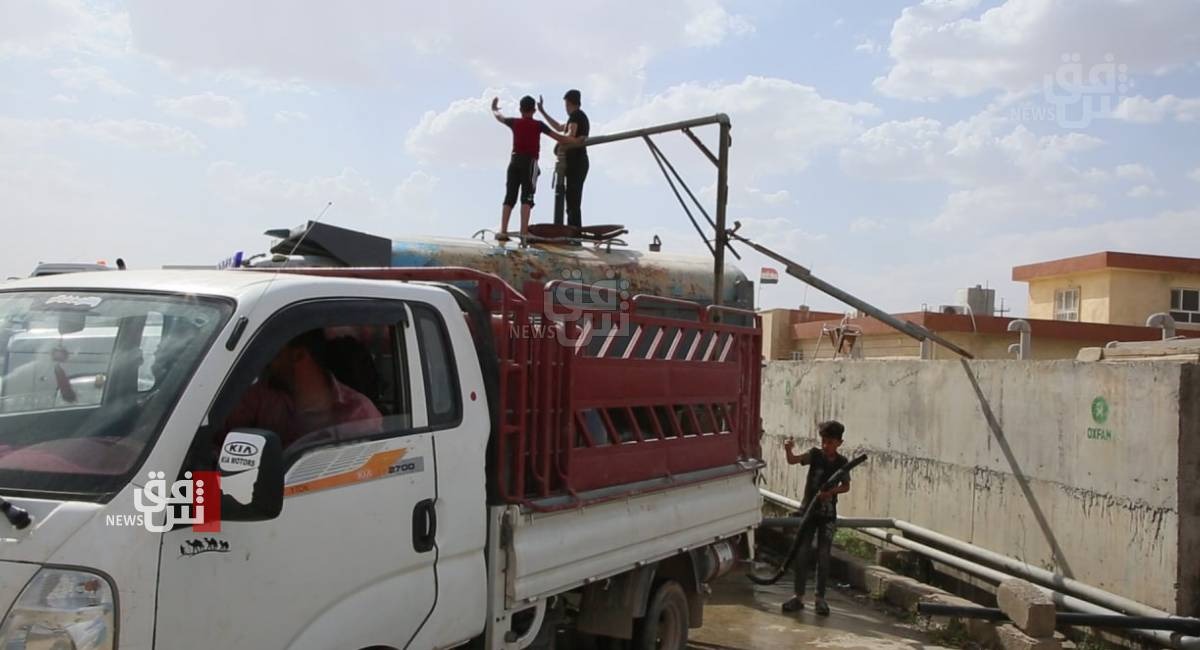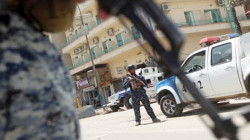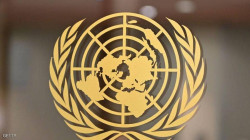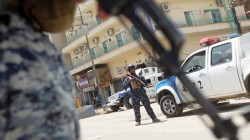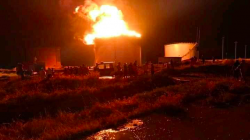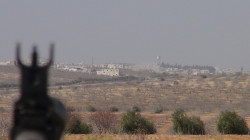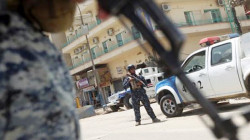Minister announces vegetative-state clothing industry "dead"
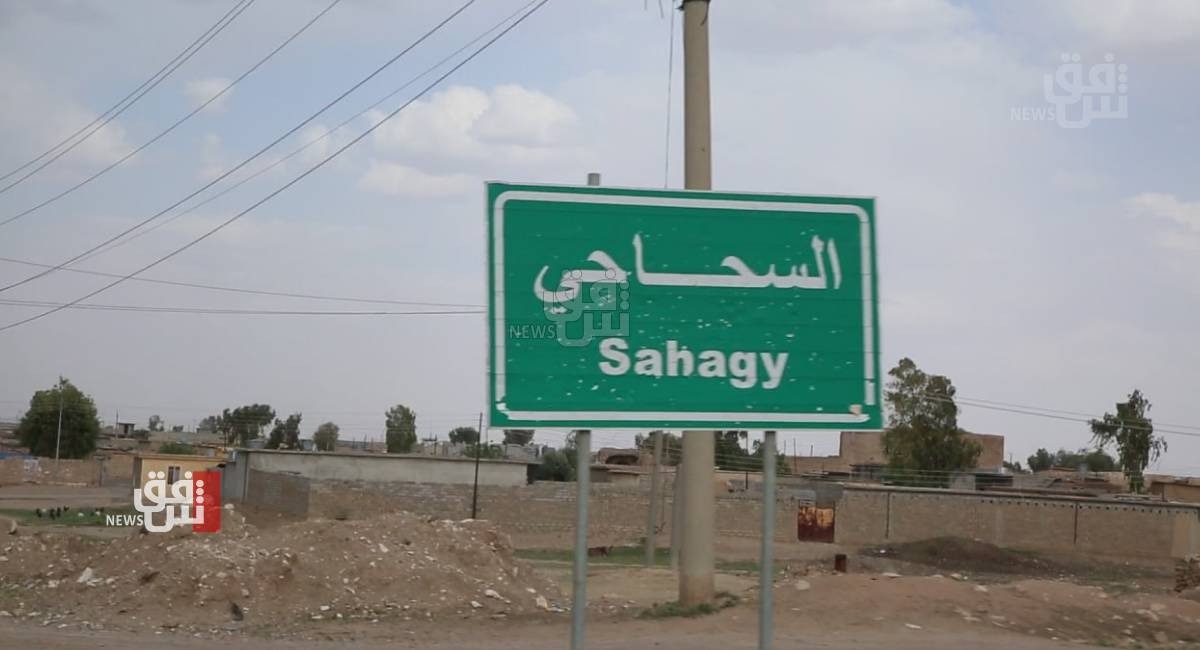
Shafaq News/ Imported products have dealt a fatal blow to Nineveh's clothing sector which has been in a vegetative state since 2003. While Local manufacturers are warning that the slowed manufacturing lines might stop soon, Iraq's Minister of Industry announces the death of the domestic clothing sector.
Prior to 2003, Nineveh was one of the most important production and manufacturing governorates in Iraq.
It housed large factories like the sugar and yeast production plant, the Mosul dairy plant, and the textile factory, which used to produce large quantities of clothing, products, and fabrics and export them to other countries.
All of those factories, however, ceased operations in 2003 and remained inoperable until ISIS occupied Mosul and stole everything that could be used and transported to the Syrian territory at the time.
Despite the governorate's liberation, those factories are now completely closed, with nothing but piles of rubble remaining.
Imported goods
"The textile factory and the Waladi (my son) factory were producing and pumping their materials into the market at subsidized prices," said Abdel Mone'im Ahmed, owner of a clothing and fabric shop, to Shafaq News Agency.
"Production was satisfactory and competed fairly with imported goods. Today, however, we have no Iraqi products. We only sell imported goods, the vast majority of which are of Turkish origin."
Sample of Mosul’s factories
"Except for a line producing textiles and masks for hospitals, all the other lines are either destroyed or put out of service, " Said Ryan Ahmed, deputy director of the Waladi factory.
"The chances of reviving these production lines are very shallow. The facility needs to build new production lines and deploy new and advanced equipment in order to compete with imported goods," Ahmed said.
Causes of the crisis
"The problem is not only with factories and their return to work. There is a real need for raw material because their import or production will be expensive, so the said factories will lose if they resume work," said Jaber Mahmoud, an economics professor.
Speaking to Shafaq News agency, Mahmoud gave a realistic example, i.e., the oil plant in Babel, "The plant does not produce oil. Rather, it fills bottles with imported oil, which was revealed after the Russian-Ukrainian crisis."
"If we want those factories to reopen, we must produce raw materials such as cotton, rice, maize, and beet."
"The crisis is much larger than constructing a factory. It is about supplying raw material," he continued.
"If there is no clear government plan that begins with the production of raw materials and ends with the marketing of the product, everything built is a waste of public money."
The Government announces Iraqi factories' "death"
For his part, Minister of Industry and Minerals Manhal al-Khabbaz stated, "there are 85 factories across the country that have been suspended since 2003, including factories in Nineveh governorate."
"The majority of factories in Nineveh have been out of service for a long time, having been completely destroyed by the war, which has reduced them to piles of debris. As a result, rebuilding them requires a large sum of money, which is not available in light of the financial crisis that has ravaged Iraq."
"Cement factories have been working. Some of them have been presented for investment because their production lines are outdated and they have not been yielding recently," he explained.
